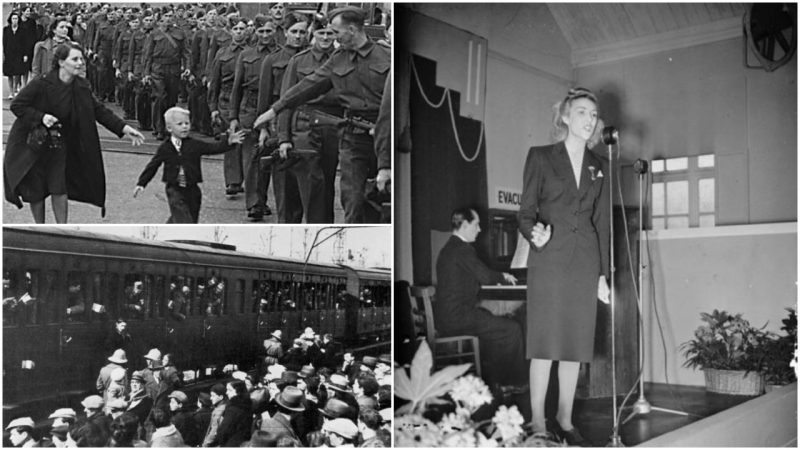World War II was the centerpiece of the 20th century. We must never forget the lessons of the war; we need to hold onto the reality of the sacrifices of the front-line soldiers and the struggle of the people on the home front.
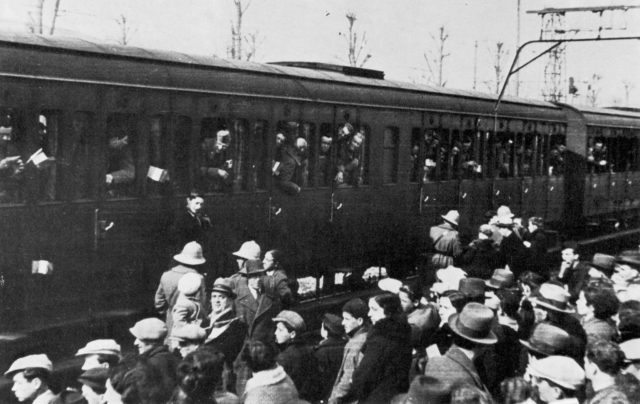
However, what we may have forgotten over the years is the role of music in the war. Music played a crucial part in the lives of the people, whether it was to entertain soldiers, keeping their spirits up and boosting their morale, or to help those who were abroad stay connected with their countries, while comforting their loved ones at home.
Churchill’s unforgettable wartime speeches reached out to everyone, helping many find the courage they needed to continue fighting. However, optimism was created on a much more complex level than listening to Churchill’s poetic speeches. Wartime music was integral.
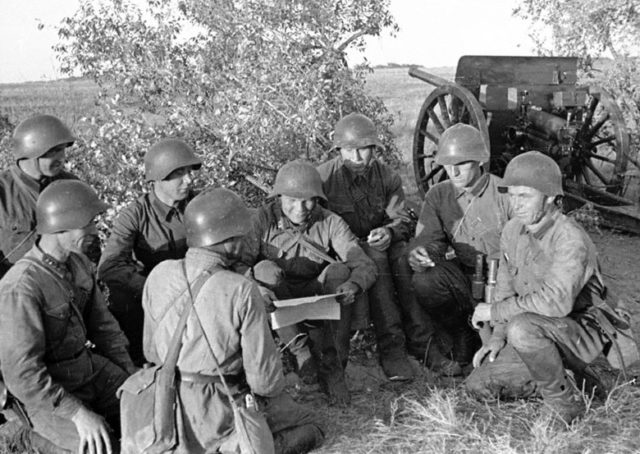
There were many single performers who provided comfort and optimism for families at home and soldiers abroad, but none of them could match the power and significance of Vera Lynn and “We’ll Meet Again.”
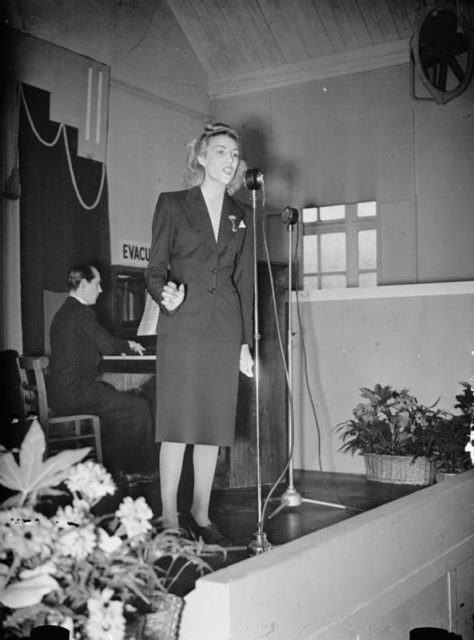
Composed and written by Ross Parker and Hughie Charles and recorded by “forces sweetheart” Vera Lynn, “We’ll Meet Again” is considered by many the most famous song of the World War II era. The tune reminded soldiers abroad what they were fighting for and gave comfort to those waiting for them to come back.
During the darkest days of the war, “We’ll Meet Again” filled everyone who heard it with faith and conviction. It provided a fence of love and faith that no force in the world could destroy and quickly reached deep into the heart of every soldier, giving them the psychological strength they needed in the darkest days.
A Woman Leans Over The Railing To Kiss A British Soldier Returning From World War II, London, 1940 pic.twitter.com/JRtdYUksAX
— Moreno Gemmiti (@GemmitiMoreno) April 23, 2017
We all know that World War II was not just about combat on the battlefield, but about the battles fought by the families that remained behind. In a time of great turmoil, uncertainty, and loss, when many grandparents, parents, spouses, little boys and girls, had to say goodbye to their loved ones who went off to war, Vera Lynn’s sentimental hit “We’ll Meet Again” served as a morale booster.
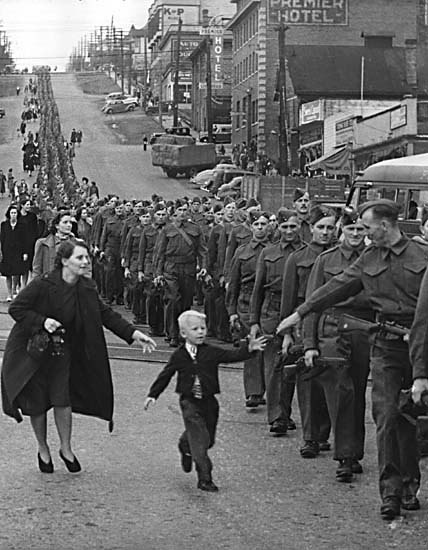
As Vera Lynn sang, so will you please say hello to the folks that I know, tell them I won’t be long. They’ll be happy to know that as you saw me go, I was singing this song, she inspired both the soldiers abroad and their families at home.
The song is widely regarded as the first Number One single on the UK charts. Even today, for many veterans, We’ll Meet Again” brings back the memories of the war and the longing to see their families again.
Alfred Eisenstaedt, New York, 1945. Actress Marlene Dietrich is hoisted up to kiss a GI as he arrives home from World War II. pic.twitter.com/ncLktT9Wdu
— Tanja (@T__twitt) December 14, 2016
Over the years the song went on to become a huge cultural artifact, so it is no wonder that countless artists, including Johnny Cash, made covers of it. “We’ll Meet Again” was also used as the closing song for both Stanley Kubrick’s Dr. Strangelove and Dennis Potter’s musical The Singing Detective.
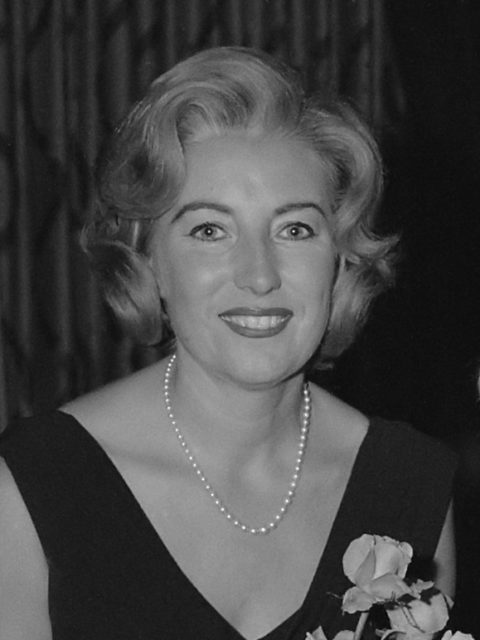
During World War II, Vera Lynn toured India and Burma to entertain British troops. With her courage and dedication, she cemented her place in British history as an important part of the war effort and as an inspiration for thousands of couples parted by World War II. She released her first solo record in 1936 and now, 81 years later, Dame Vera Lynn released her latest album on March 17th, aged 100.
“We’ll Meet Again” remains a synonym for steadfast optimism experienced by thousands of couples parted by wars. Many of them never did see their loved ones again, but it was this song that provided the comfort they needed and the hope they lived on.
